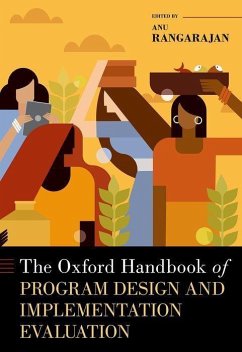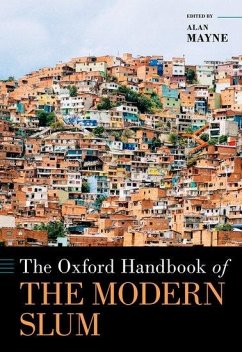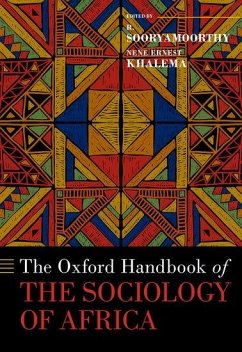
Oxford Handbook of the Social Science of Poverty

PAYBACK Punkte
113 °P sammeln!
Despite remarkable economic advances in many societies during the latter half of the twentieth century, poverty remains a global issue of enduring concern. Poverty is present in some form in every society in the world, and has serious implications for everything from health and well-being to identity and behavior. Nevertheless, the study of poverty has remained disconnected across disciplines.













